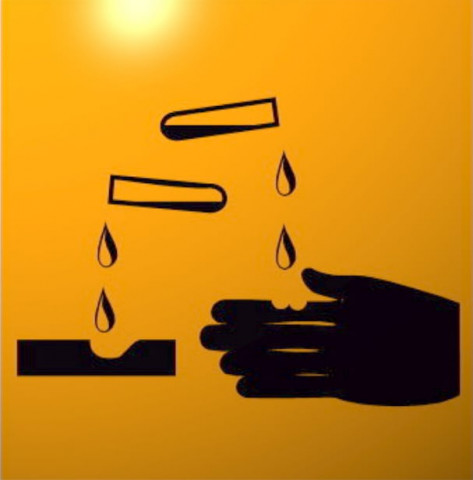Gender issues: Introduce ‘workable laws’ to change the mindset
Breaking the ice between police, public and judiciary may provide solutions: experts.

Gender issues: Introduce ‘workable laws’ to change the mindset
Pakistan cannot overcome gender-based issues without effective implementation of laws, changing common mindset and sensitisation of police and judiciaciary. This was the crux of a national consultation tiled “Gender-based legislation and issues of implementation” that concluded on Wednesday.
Speakers at the event expressed their concern over the absence of standard operating procedures in the police system. They cited a huge gap between general public, police and judiciary, which needs to be addressed for creating trust among all the stakeholders to address gender-based issues. Currenly, even high officials in police and judiciary are not capable of tackling gender-based issues, said a participant.
He highlighted that trainings are provided only to high level officials in the police department whereas the lower staff, who play an important role in dealing with crimes, are left out.
“Our courts, particularly the lower ones still have strong prejudices against women,” said Justice (retd) Shaiq Usmani. “This surely influence the courts proceedings in all the cases involving women, family affairs and inheritance,” he added.
“Initiating legislation, particularly as a private bill, is a difficult task, but once introduced, then making amendment is easy,” said Member Khyber-Pakhtunkhwa Provincial Assembly and Member Standing Committee on Law Reforms and Control on Subordinate Legislation Saqib Ullah Chamkani. He stressed that the problem is not the lacunas present in the law, but the mindset of implementing agencies like judiciary and law enforcement agencies.
Complementing Chamkani’s comment, Malakand DIG Police Qazi Jamilur Rehman said, “The problem in smooth implementation of the women-specific laws is that cases of crimes against women are usually not registered for various reasons. It could be gender biases or lack of capacity of understanding the nature of damage done to overall socio-economic set up.”
Similarly, Tahira Abdullah, a social activist, said that most of the time, even the police officials who want to carry out fair investigations succumb to pressure from influential parties.”How can one expect justice when every influential person wants his man to be deputed in the police station of his area,” she said, asking why a woman was never made a member of jirga.
While concluding the session Sultan Azam Taimuri, Assistant Inspector General (Operations), said Pakistan inherited the Police Act of 1861 from British policies in Indian-subcontinent, which to-date was being implemented without a slightest change.
“This act is anti-people as it contains no services for general public; therefore there is a dire need to change it,” he said. Taimuri added that in order to show a good performance, SHOs usually hide the number of cases registered in their police station which is called ‘burking’, “another practice which needs to be done away with”.
Meanwhile, Acid Survivor Foundation Chairperson Valarie Khan said around two hundred cases of acid throwing are reported in Pakistan each year, out of which most cases are reported from Southern Punjab. “Much needs to be done to tackle such a situation,” she said.
Ensuring the civil society members and women rights’ activists of introducing suggested amendments in the recently passed laws in the Sentate, Senator Nilofar Bakhtiar proposed formation of a ‘women parliamentarian commission for implementation,’ which shall have the powers to summon any concerned institution.
Published in The Express Tribune, December 29th, 2011.



















COMMENTS
Comments are moderated and generally will be posted if they are on-topic and not abusive.
For more information, please see our Comments FAQ